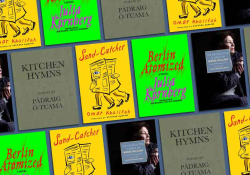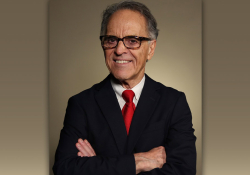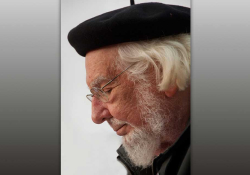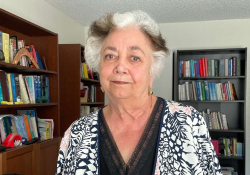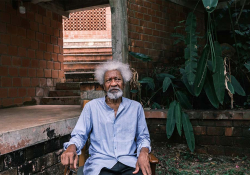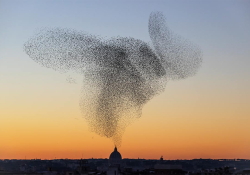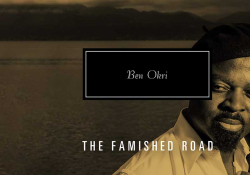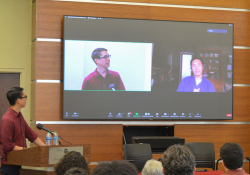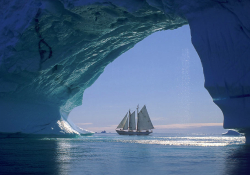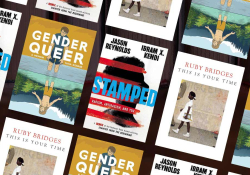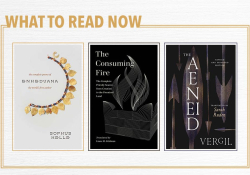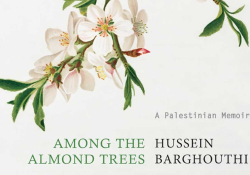Summer Reads
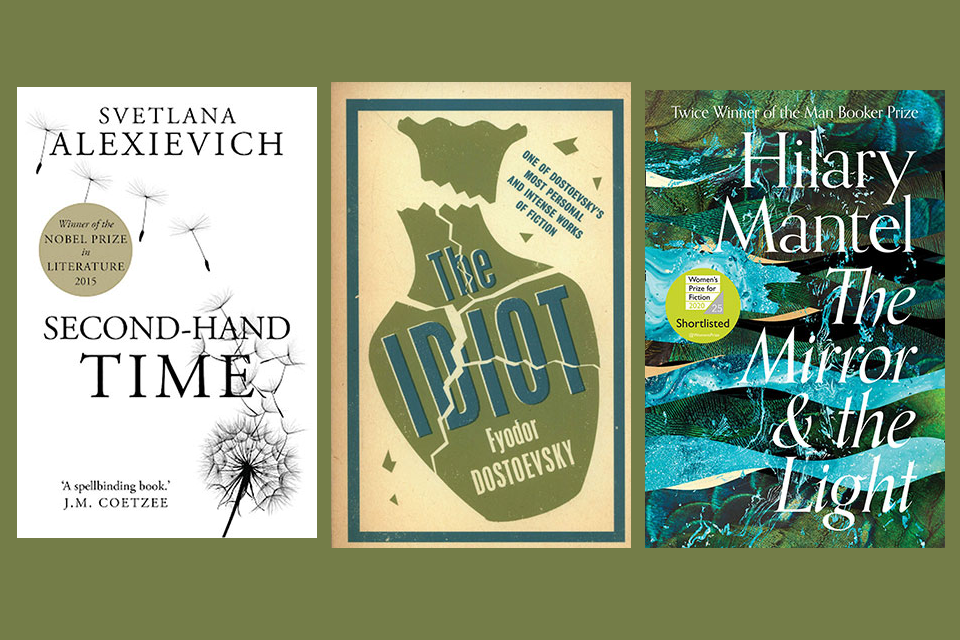
We asked several writers and our readers to tell us about a book that’s too heavy for beach reading, but they’re taking it anyway—if they’re able to get to a beach. Whether you (or they) are able to venture out, you’ll still enjoy this peek into these writers’ and fellow readers’ minds and find some ideas for your own reading list, even from your back porch.
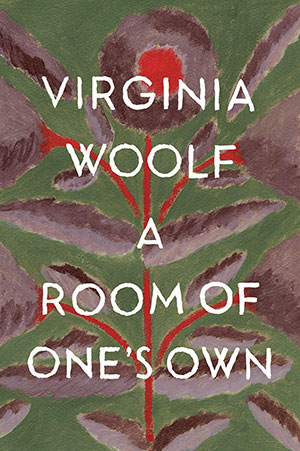 I would take not one but three books: A Room of One’s Own, so as not to worry; The Waves, because of the sea; and To the Lighthouse, because I haven’t read it yet.
I would take not one but three books: A Room of One’s Own, so as not to worry; The Waves, because of the sea; and To the Lighthouse, because I haven’t read it yet.
—Legna Rodríguez Iglesias, author of My Favorite Girlfriend Was a French Bulldog
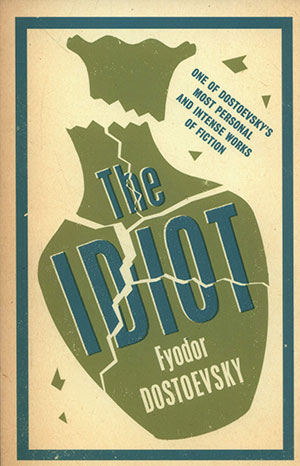 Two massive classics that I’d like to tackle this summer: The Idiot, by Dostoyevsky, and Cities of Salt, by Abdelrahman Munif, both epic in length and scope, that have evaded my beach bag . . . until now!
Two massive classics that I’d like to tackle this summer: The Idiot, by Dostoyevsky, and Cities of Salt, by Abdelrahman Munif, both epic in length and scope, that have evaded my beach bag . . . until now!
—Philip Metres, author of Shrapnel Maps
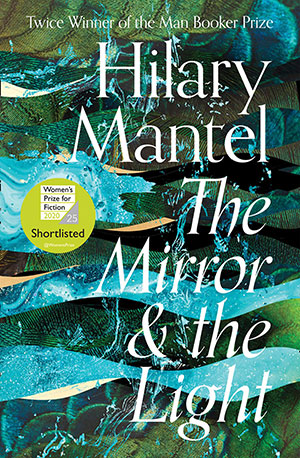 Hilary Mantel’s The Mirror and the Light, the last book in Mantel’s Cromwell trilogy. I did not expect it to live up to the first two—Wolf Hall and Bring Up the Bodies won the Booker Prize, an unprecedented two-in-a-row win for any author—but this book is densely brooding and gorgeous and deftly makes new a known history, while cleverly juxtaposing a writerly judgment on how our worlds, both imaginative and political, are created (and destroyed) through the force of human will.
Hilary Mantel’s The Mirror and the Light, the last book in Mantel’s Cromwell trilogy. I did not expect it to live up to the first two—Wolf Hall and Bring Up the Bodies won the Booker Prize, an unprecedented two-in-a-row win for any author—but this book is densely brooding and gorgeous and deftly makes new a known history, while cleverly juxtaposing a writerly judgment on how our worlds, both imaginative and political, are created (and destroyed) through the force of human will.
—Dipika Mukherjee, author of Shambala Junction
 I wish I could go back to the beach anytime soon, and I’m sure I’m not the only one with that hope. I miss the ocean and the sun and the cool breeze. I miss being free and reading a book while hearing the waves. If I could take a heavy book, it would be Discipline and Punish: The Birth of the Prison (Surveiller et punir: Naissance de la prison, 1975), by the French philosopher Michel Foucault. This essay is revealing in a time when staying home is an obligation—and a privilege. Foucault’s essay on how modern prisons were built and how we are, all the time, under surveillance is more relevant now than ever.
I wish I could go back to the beach anytime soon, and I’m sure I’m not the only one with that hope. I miss the ocean and the sun and the cool breeze. I miss being free and reading a book while hearing the waves. If I could take a heavy book, it would be Discipline and Punish: The Birth of the Prison (Surveiller et punir: Naissance de la prison, 1975), by the French philosopher Michel Foucault. This essay is revealing in a time when staying home is an obligation—and a privilege. Foucault’s essay on how modern prisons were built and how we are, all the time, under surveillance is more relevant now than ever.
—Felipe Restrepo Pombo, author of Formas de evasión
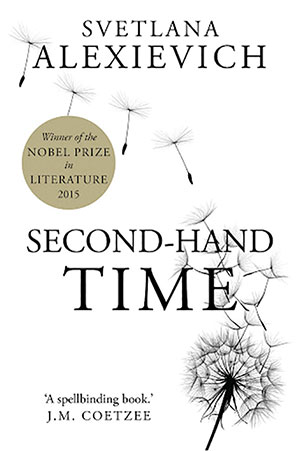 I have set aside some books to read this summer. Elfriede Jelinek, Salman Rushdie, Chuck Palahniuk, Svetlana Alexievich, and Evelio Traba are among my priorities right now. I will combine pleasure reading with my ongoing research. For the first time in years, I have a little extra time to read in this creative quarantine.
I have set aside some books to read this summer. Elfriede Jelinek, Salman Rushdie, Chuck Palahniuk, Svetlana Alexievich, and Evelio Traba are among my priorities right now. I will combine pleasure reading with my ongoing research. For the first time in years, I have a little extra time to read in this creative quarantine.
—Elaine Vilar Madruga, author of Los años del silencio
(translated by Toshiya Kamei)
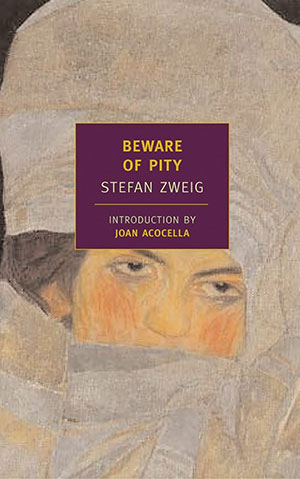 Isaac, by Robert Karmon, sounds like a harrowing but gripping read. Based on a true story, it’s about one man’s extraordinary escape from the Nazis, after they massacre his family. Karmon is a gifted American playwright, and he has an instinctive understanding of the mysteries and interstices of the human heart.
Isaac, by Robert Karmon, sounds like a harrowing but gripping read. Based on a true story, it’s about one man’s extraordinary escape from the Nazis, after they massacre his family. Karmon is a gifted American playwright, and he has an instinctive understanding of the mysteries and interstices of the human heart.
The Wave, by Virginia Moffatt, has an intriguing premise—a giant tidal wave is approaching the UK’s coastline. Some friends decide to spend the time that remains to them on the beach before the wave arrives. I am not normally drawn to doomsday scenario stories, but this one piqued my interest, and it’s obviously tackling a rather pertinent theme.
I am a great admirer of Stefan Zweig’s tumultous, feverish writing, but I have never read Beware of Pity, a novel about kindly intentions that backfire, so that’s also on my list. I found The Post Office Girl, his reworking of the Cinderella fairy tale, magnificent. It was also an important influence on my own Cinderella revamp, The Fabrications.
Antonio Moresco is generally considered to be one of the most interesting and intellectually stimulating of Italian novelists alive today, and I plan to get my hands on any of his novels in Italian. As far as I know, so far only one of his books has been translated into English—I hope this sad state of affairs will be remedied soon.
And finally, I’d like to revisit Colin Wilson’s seminal book, The Outsider, which was wildly acclaimed, and then lambasted, but which I still regard as a very insightful read.
If I do find a beach, the beach will be a little heavier on account of these books’ presence, and if I don’t find one, my life will be more balanced.
—Baret Magarian, author of Melting Point
Readers Respond
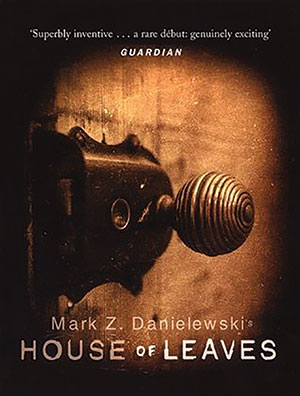 I’ve been reading Mark Z. Danielewski’s House of Leaves, which requires multiple bookmarks, footnote-chasing page flips, and sometimes a mirror to read the backwards script. I’d still take it.
I’ve been reading Mark Z. Danielewski’s House of Leaves, which requires multiple bookmarks, footnote-chasing page flips, and sometimes a mirror to read the backwards script. I’d still take it.
—Julie Ann Ward
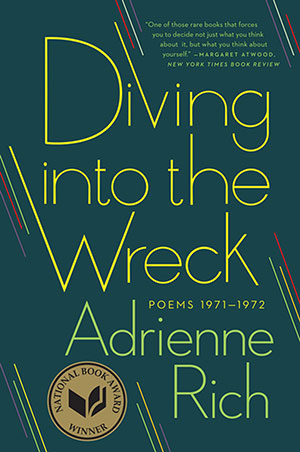 Too hard to pick! Do I also have infinite time, this being a hypothetical dream sequence? Because my answer is everything James Baldwin and Adrienne Rich ever wrote.
Too hard to pick! Do I also have infinite time, this being a hypothetical dream sequence? Because my answer is everything James Baldwin and Adrienne Rich ever wrote.
—Bailey Hoffner
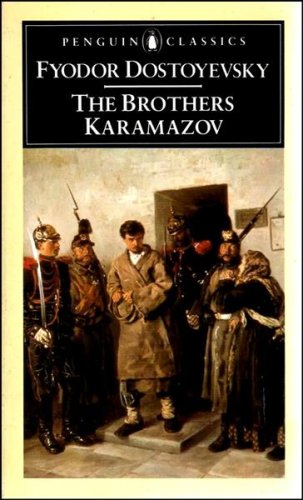 I will bring The Brothers Karamazov and concentrate on “The Grand Inquisitor” chapter.
I will bring The Brothers Karamazov and concentrate on “The Grand Inquisitor” chapter.
—Loi Escamillas
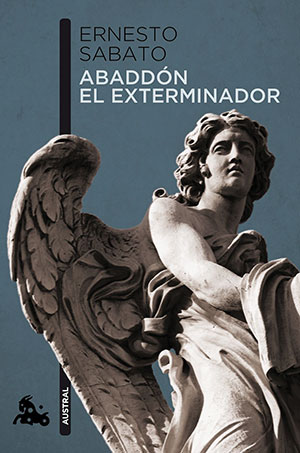 Ernesto Sabato’s Abaddón el Exterminador (Abaddon the Exterminator) requires total concentration with its elements of fantasy as well as actual events within stories of huge philosophical discussions. Took me a loooong time to read as I have three kids, lol.
Ernesto Sabato’s Abaddón el Exterminador (Abaddon the Exterminator) requires total concentration with its elements of fantasy as well as actual events within stories of huge philosophical discussions. Took me a loooong time to read as I have three kids, lol.
—Melissa Abreu Cunningham
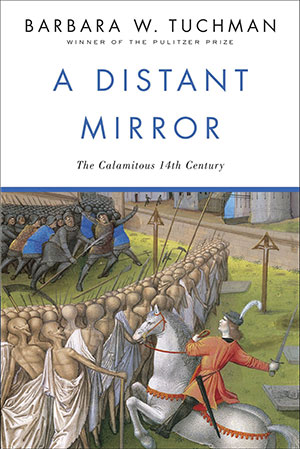 Many, many. Books by Barbara Tuchman do come to mind and have been first reads as “beach reads.” . . . I also have read War and Peace and Infinite Jest as “beach reads,” and also massive collections of short writing, fiction and nonfiction, travel writing.
Many, many. Books by Barbara Tuchman do come to mind and have been first reads as “beach reads.” . . . I also have read War and Peace and Infinite Jest as “beach reads,” and also massive collections of short writing, fiction and nonfiction, travel writing.
—Kathleenellen T. Ford
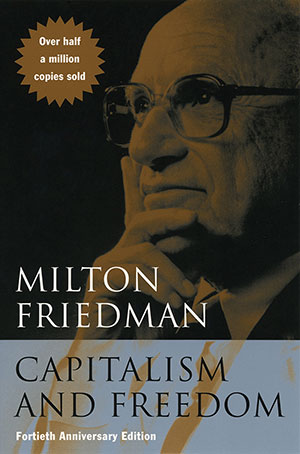 Capitalism and Freedom, by Milton Friedman . . . on a know-thine-enemy basis.
Capitalism and Freedom, by Milton Friedman . . . on a know-thine-enemy basis.
—Arthur McMillan
